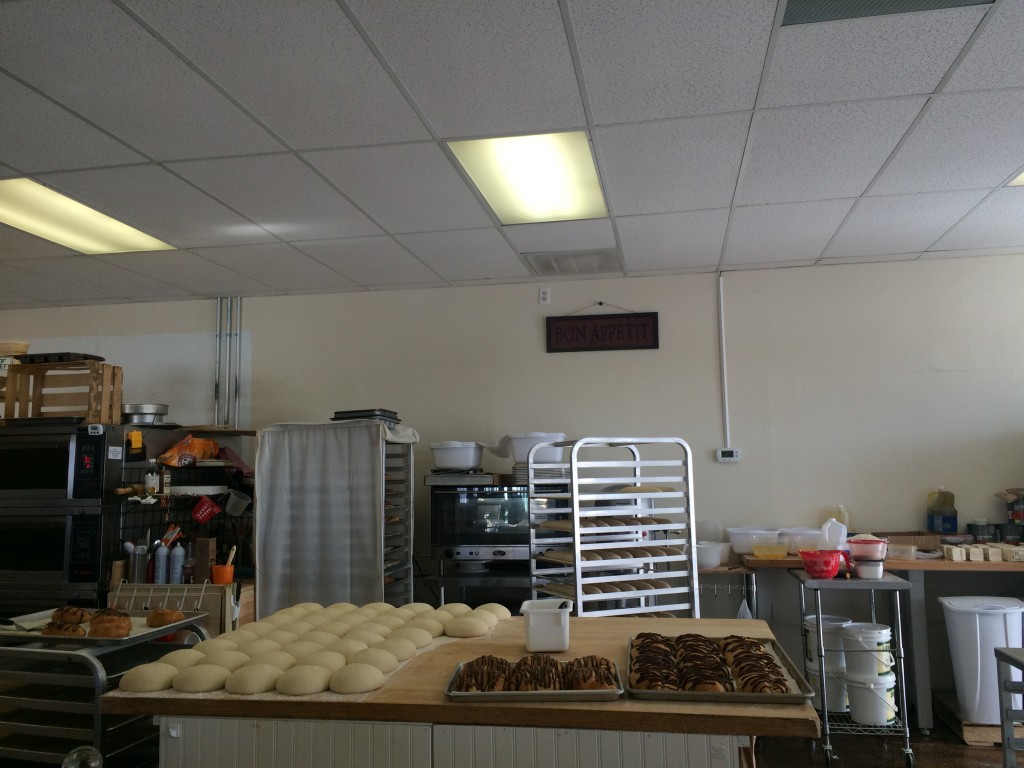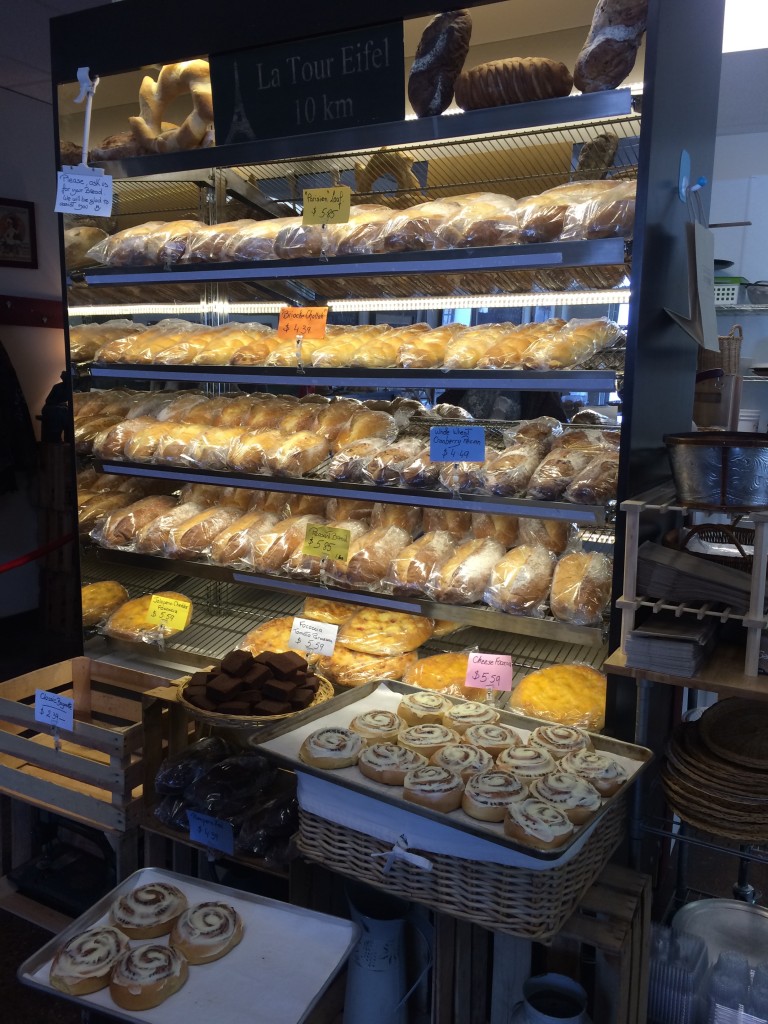https://www.youtube.com/watch?v=Ogo3XqkDsjA
“My name is Bertrand Guillotin. I have been at Duke University since 2002, thus for almost thirteen years. I have served as the director of the International Programs Office for the past ten years. Before coming to Duke, I got my MBA at Thunderbird in Arizona. In fact, I arrived in the United States nineteen years ago. In 1996, when I arrived, I got my degree and then I worked for American Express. After American Express, I worked for Nortel Networks, and after that—at Duke.
https://www.youtube.com/watch?v=8nPdRYJsdjk&feature=youtu.be
“My role here at Fuqua: I am the director of International Programs and Internal Affairs for MBA Daytime Programming. Thus it’s the largest, I don’t know if you know, there are nine hundred full-time students, “en temps complets” in French. This is, in fact, the largest Fuqua program, and it’s also the Number 1 program in the United States. So it’s quite big and quite good.
That’s one part of my job. The second part is to organize Study Tours. I don’t know what you would call them in French, but they are intensive, cultural, academic, professional visits where you visit companies. We offer these in Brazil, Latin America, South America, China, or wherever someone wants to go, wherever the students are interested in going. Thus, that’s the second part of my workload.
The third part is work authorizations. That is to say working on student visas for students who have a visa here for as long as they’re considered foreign students. They need my authorization to do an internship or to work more than two years at Duke. Thus, I keep busy with work authorizations also.
And the fourth part of my job: I work with everything that has to do with international conferences here. Thus, either with colleagues at Duke, when they organize something, for example with Canadian Studies or the Center for Caribbean and Latin American Studies, or even our international clubs. We have a lot of international clubs here. When they organize a conference, I help them also.
https://www.youtube.com/watch?v=j-fzrLuado4&feature=youtu.be
The first difference that I noticed between the French in terms of workplace culture is actually based on the method of communicating, the style of working. For example, when French people pose a question, they usually have a logical reason. Therefore, they say, “voila, here are the important facts, this is the current situation,” and then they ask their question. In America, Americans don’t explain anything before posing their question. In general they just ask their question. Voila the question. Thus, it’s very direct. Communication in french is indirect.
What I noticed is there isn’t a lot of hierarchy in the workplace in the United States, in particular when I worked at American Express. One day, my boss asked me to come to his office. And I said to myself, I’ve made an error, I’ve done something wrong, I’m going to be reprimanded. I was nervous and when I arrived he said to me, “Have a seat. Would you like a cup of coffee?”. A cup of coffee? No, that’s okay, thank you. What is going on? What did I do? And he told me, “No, everything is good. You’re doing very well, your work is very good. You’re doing a good job, so I wanted to tell you thank you”. This would not happen in France. In France if your boss asks you to come to their office, it’s not good. Thus, it was completely the inverse.
I have noticed that at noon, at lunchtime, lunchtime doesn’t exist. People take very little time—fifteen minutes, thirty minutes. In general, in France, it’s one hour, two hours.
https://www.youtube.com/watch?v=JMNn0TiR7pk&feature=youtu.be
I would say for current MBA students, it’s very important to do something international. When I arrived, it was a good idea, but it wasn’t truly obligatory. Now it’s obligatory. I would say not necessarily on the level of courses or curriculum, etc., but it’s true that employers are asking for international expertise and international experience. I can also say that for me, there is a lot more work than before. I now have partners who help me with my work. I have a partner for example at Duke Visa Services for work authorizations. I have an external partner for the all the international trips that we organize. Thus, it’s necessary to work as a team. You have to have a lot of relationships, partners, internal help, external help, in order to do it all.
Merci Bertrand!
The interview, videos, transcription and translation were done by Susannah Roberson and Patrick Ray





